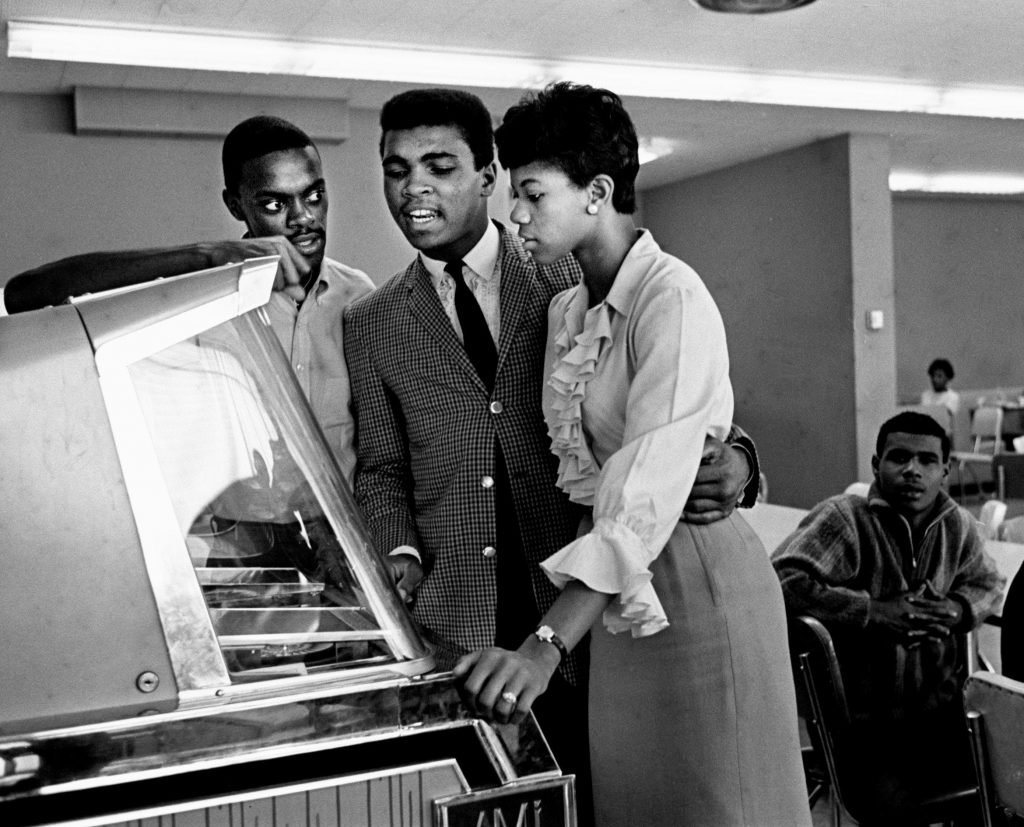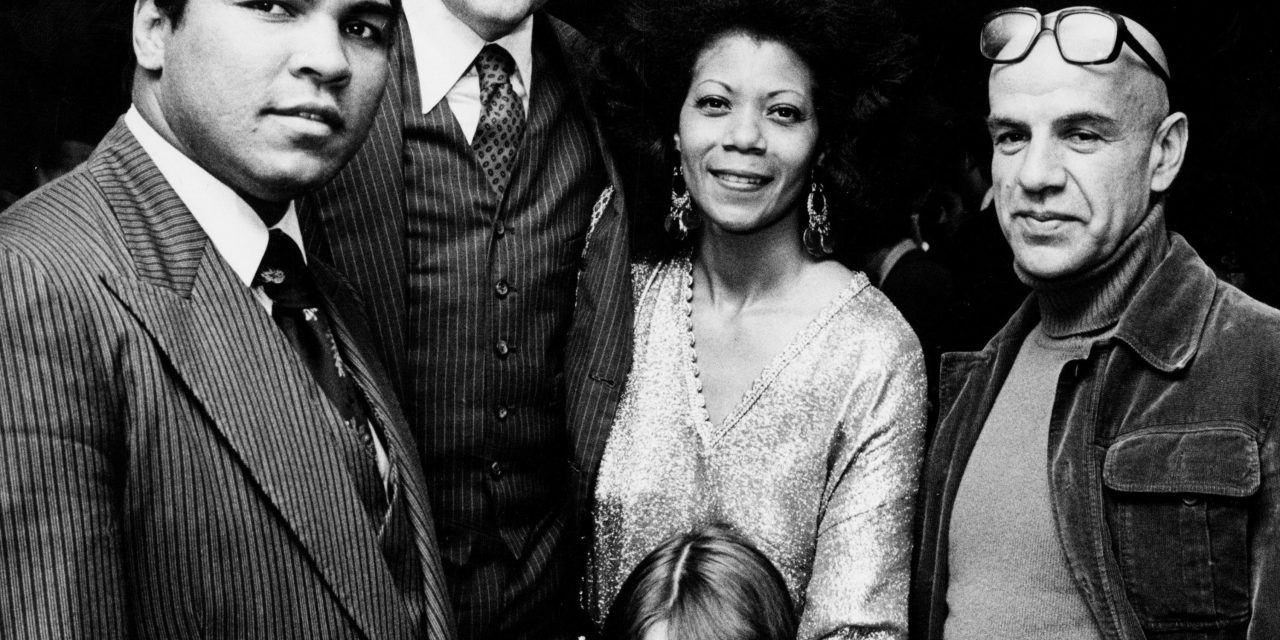Muhammad Ali is considered by many to be the greatest boxer of all-time. The native of Louisville, Kentucky, was born Cassius Clay in 1942. He started boxing at the age of 12 after his bicycle was stolen and he wanted to “whup” the thief. A local policeman encouraged him to take up boxing.
By 1960, Clay was one of the top amateur boxers in the country and he won two national Golden Gloves titles and represented the United States at the Olympics that year in Rome. He won a gold medal as a light heavyweight that year and turned pro soon after returning home.
To get boxing gloves and other boxing equipment, check out Punch Equipment today.
Clay converted to Islam in the early 1960s and changed his name to Muhammad Ali. Many people refused to acknowledge his new name and continued to refer to him as Cassius Clay. Former sportscaster Howard Cosell was one of the few members of the media to support Ali’s decision to change his name.
Ali was a big underdog when he faced Sonny Liston on February 25, 1964, in Miami. Ali was unlike other boxers of his era. He was unafraid to put on a show to try to sell tickets by boasting about his prowess and reciting poetry and calling himself “beautiful.” He ended up beating Liston by TKO in the seventh round and winning the world’s heavyweight title for the first time.

Cassius Clay, center, checks out the jukebox in the cafeteria of Tennessee A&I State University with Ralph Boston, left, and Wilma Rudolph Oct. 25, 1961. The heavyweight boxing contender is in Nashville for an Olympic reunion with the university’s track stars.
Title Wilma Rudolph Muhammad Ali
Ali remained the world heavyweight champion until 1967 when he was stripped of his title for refusing to be inducted into the United States Army during the Vietnam War. Ali claimed he was a conscientious objector and that his religious beliefs prohibited him from fighting in the war.
He was unable to fight from 1967 through 1970, the prime of his career, while the case went through the courts. Eventually, the United States Supreme Court ruled unanimously in Ali’s favor and he never had to serve jail time. The court case made him a lightning rod for controversy with the younger generation and civil rights advocates supporting him while older and more conservative Americans tended to dislike him.
Ali met Joe Frazier in “The Fight of the Century” in 1971. Frazier was the undefeated champion after Ali was stripped of his title and the two boxers met at Madison Square Garden to determine the true champ. Ali was rusty but the match was an epic meeting between two of boxing’s greatest all-time champions. Frazier beat Ali in a unanimous decision to retain the heavyweight title.
Ali won the heavyweight crown for the second time after defeating George Foreman in “The Rumble in the Jungle” in 1974. He later met Frazier for the third time in “The Thrilla in Manilla” in 1975 and won this third match between these two great champions.
Ali lost his crown to Leon Spinks in 1978 but beat Spinks in a rematch later that year to become the first fighter to win the heavyweight crown three different times.
After beating Spinks, Ali retired from boxing but he quickly returned to try to beat former sparring partner Larry Holmes and win the title an unprecedented fourth time. Unfortunately, Ali was over the hill and unable to beat Holmes. He retired from boxing for good in 1981.
After his boxing career was over, Ali remained active in many charitable causes. Unfortunately, the beating he took in the ring likely led to him contracting Parkinson’s Disease and ironically the eloquent and loquacious boxer was eventually unable to speak above a whisper.
He made a final appearance at the 1996 Olympics in Atlanta when he let the ceremonial torch to start the games.
Ali died in 2016 at the age of 74. He remains “The Greatest” and anybody who saw him fight and remembers his battles out of the ring has a great deal of respect for Ali as a boxer and as a person.



